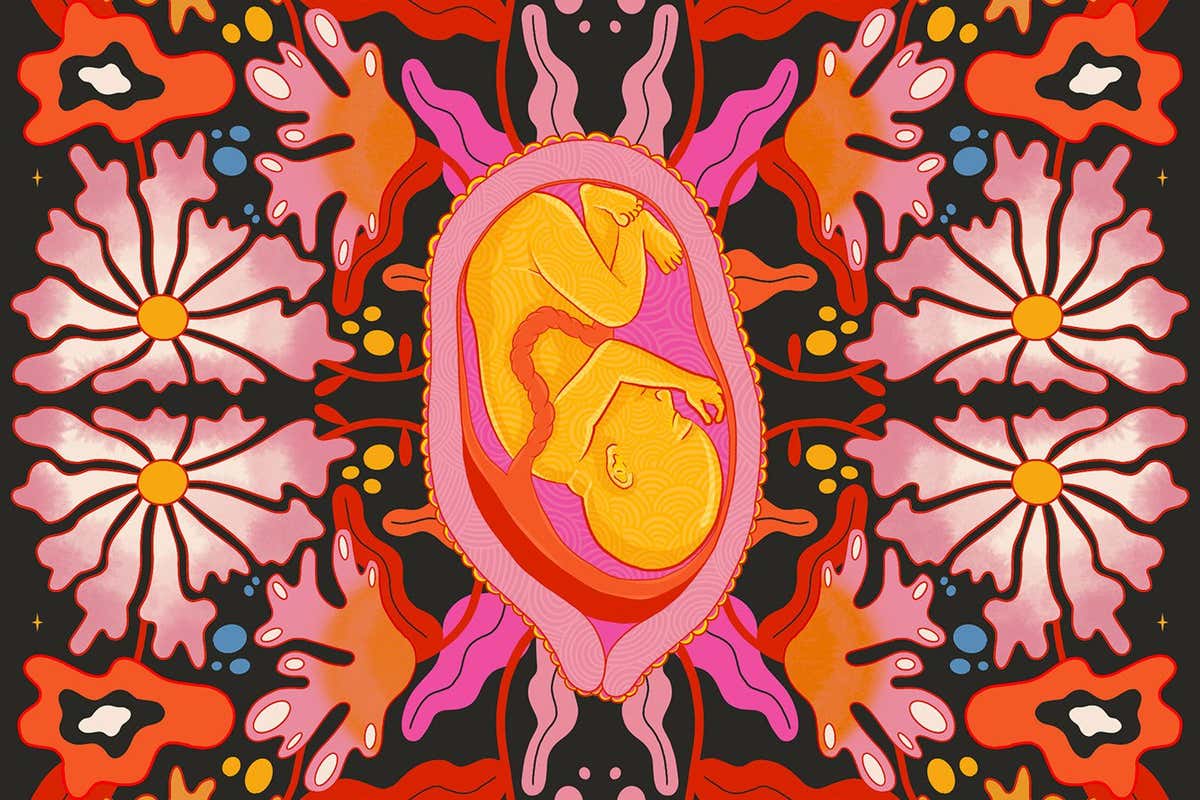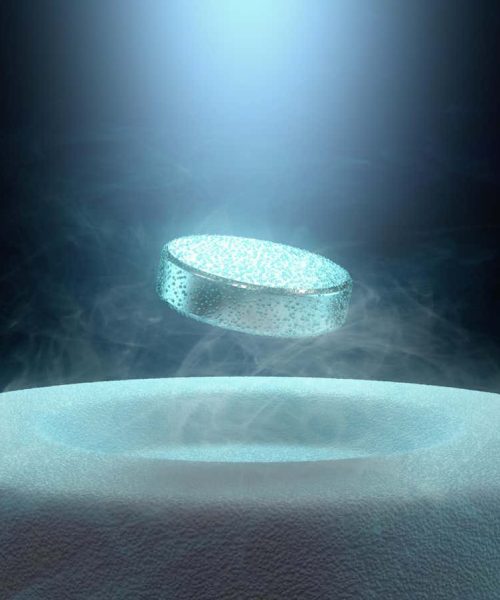
Xee Summer
AS WE emerged into the world as newborns, each of us lost something important: a body part that had provided us with oxygen and nutrients, removed waste products and kept pathogens at bay. What became of this crucial organ? It was probably thrown in the bin – assuming it wasn’t served up to your parent in the belief that eating it would do them good.
Never mind, you might say. After all, the body part in question – the placenta – is supposed to be a temporary organ. No one wants to go through life attached at the navel to a blob of tissue that looks like a meaty, 20-centimetre-wide mushroom. The moment the umbilical cord is cut, the placenta’s influence on our well-being is severed too.
Or so we used to think, but we were wrong. We are now learning that your placenta may have a surprisingly large hold over your health decades after you lose it. Heart disease, obesity, asthma, several forms of cancer – your long-term risk of all of these conditions might be influenced by the way your placenta grew.
This news comes too late to help anyone already born. But future generations could benefit if we can develop tools to spot unhealthy placentas during pregnancy and new therapies to treat any problems. Motivated by the potential of such tools to improve human health, researchers are now racing to develop them – and in the past 12 months, their efforts have begun to bear fruit. So, are we poised to give babies-to-be a better chance of enjoying a healthy life?
The placenta begins to develop from an embryo’s cells …





